Howard overruled Costello, Downer, Hockey on emissions trading
Why John Howard rejected a proposal from senior ministers to adopt a market mechanism to decarbonise the economy.
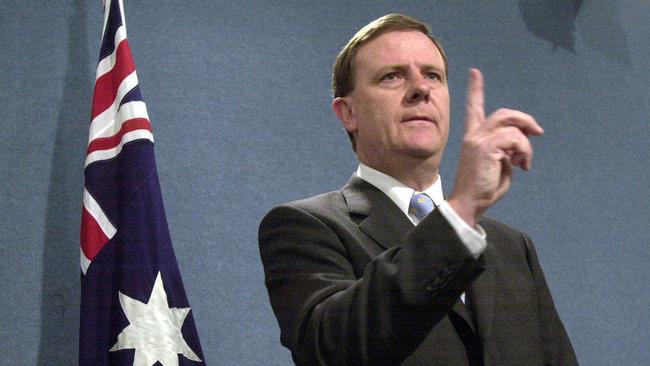
Senior ministers in the Howard government, including Peter Costello and Alexander Downer, recommended a mandatory national emissions trading scheme as a “preferred long-term emissions management policy” to address climate change, provided it was in the national interest.
But this proposal was rejected by cabinet after John Howard met industry leaders “who expressed opposition to any government announcement of a disposition towards emissions trading as the preferred policy instrument for managing future emissions” and cabinet resolved to “not support an emissions trading system”.
The cabinet submission was signed off by the treasurer and foreign minister, along with environment minister David Kemp and acting industry minister Joe Hockey, in July 2003 – released by the National Archives of Australia on Monday – and sought to develop a forward strategy on climate change.
The strategy was designed to meet Kyoto Protocol targets while maintaining international competitiveness.
It supported a market-based emissions trading scheme “on the basis of efficiency and cost effectiveness” but acknowledged it would unlikely be required to meet the target of limiting emissions by 108 per cent over 1990 levels between 2008 and 2012. It identified zero financial implications for government.
But cabinet was not persuaded and in September 2003 noted that “in the absence of a global approach, any greenhouse policy approach which discouraged investment would provide no global benefit and involve economic costs to Australia.”
Treasury argued the government’s climate change policy was “not sustainable” in the longer term, with a reliance on spending and regulation to reduce emissions “at very high economic cost”, and made the case for a trading scheme in February 2003.
“In contrast, any credible long-term climate change forward strategy must involve shifting the bulk of the responsibility for emissions abatement, technological development and technological uptake to emitters,” it suggested. “Treasury considers this would be best achieved through the introduction of a non-prescriptive, broad based market instrument.”
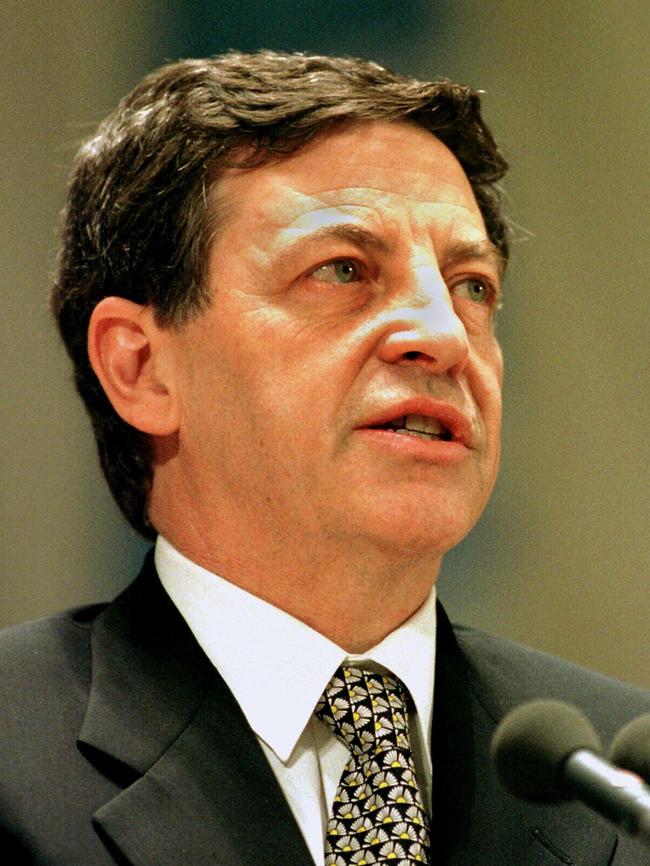
The government did have a broad strategy for dealing with climate change, was meeting the Kyoto targets and had introduced a Mandatory Renewable Energy Target, but an emissions trading scheme was a step too far.
“We had a good discussion about it in the cabinet,” Mr Costello said. “Why didn’t it go through? I think to my mind, there was a lot of doubt as to whether we needed to do it to meet the targets.
“But also, I think, there was a lot of doubt as to what was going to happen internationally.
“We had a discussion, but I wasn’t fighting as if my life depended on it. My attitude was if the rest of the world could be trusted to go down this path, we should go down this path. But I wasn’t convinced the rest of the world could be trusted to do it.”
The government signed the Kyoto Protocol in 1997 but decided not to ratify it in 2002. Treasury argued clearer incentives were needed to invest in cleaner energy and policies that shielded industry having to make emissions reductions would cost Australia more in the long run.


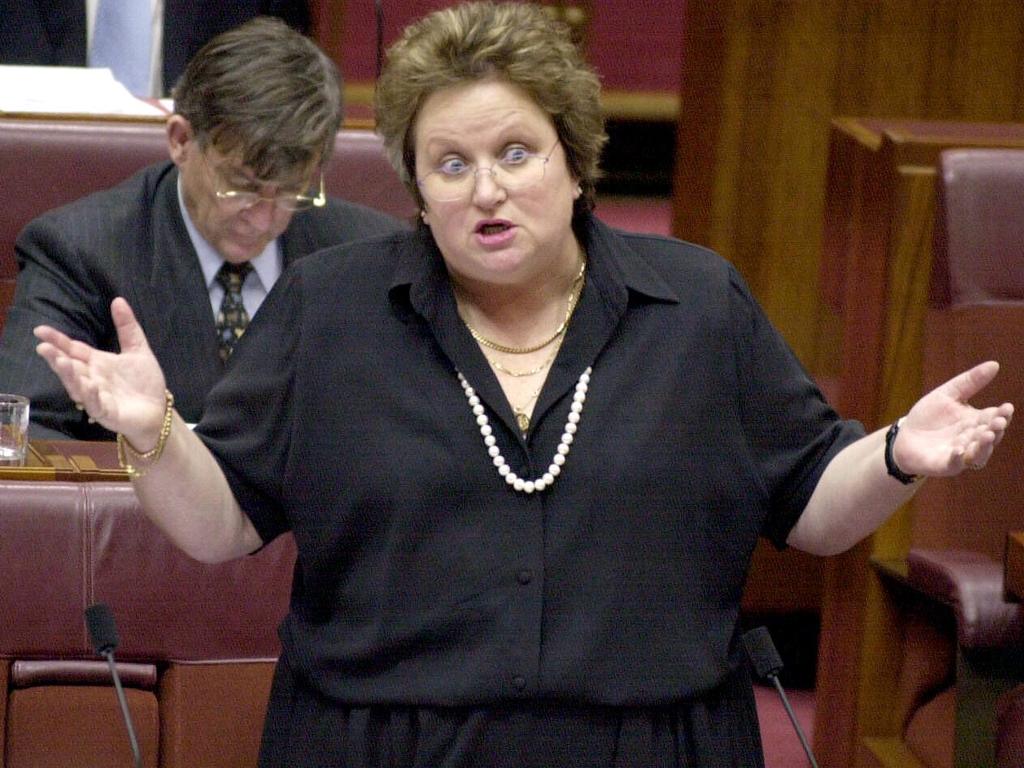
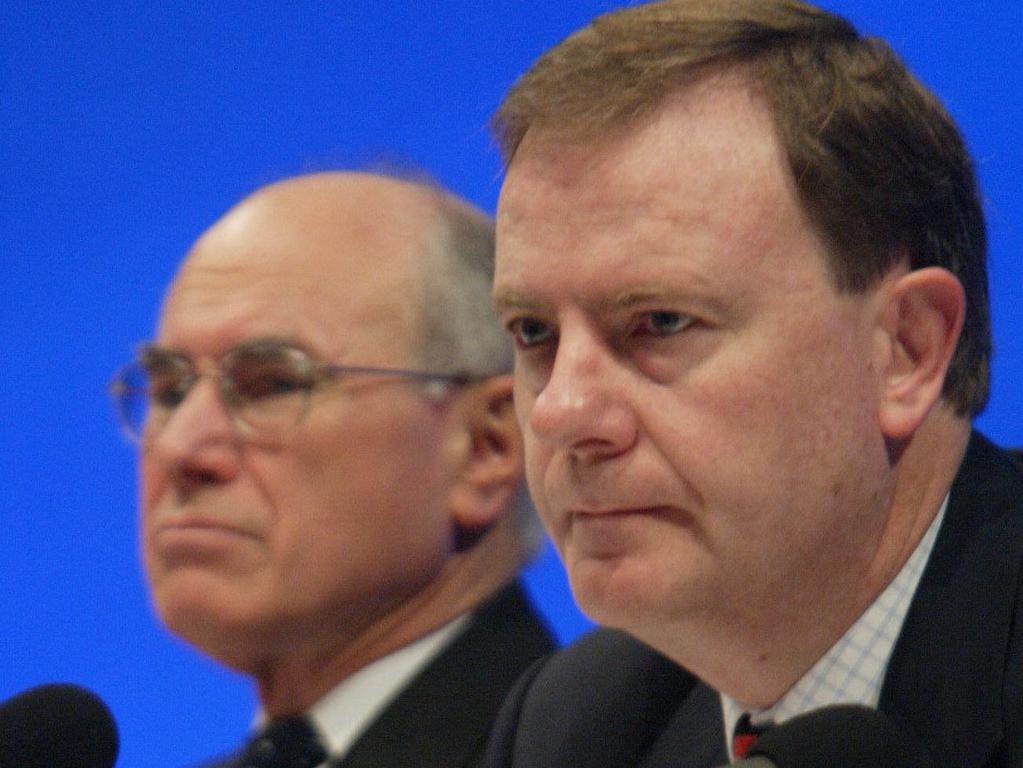
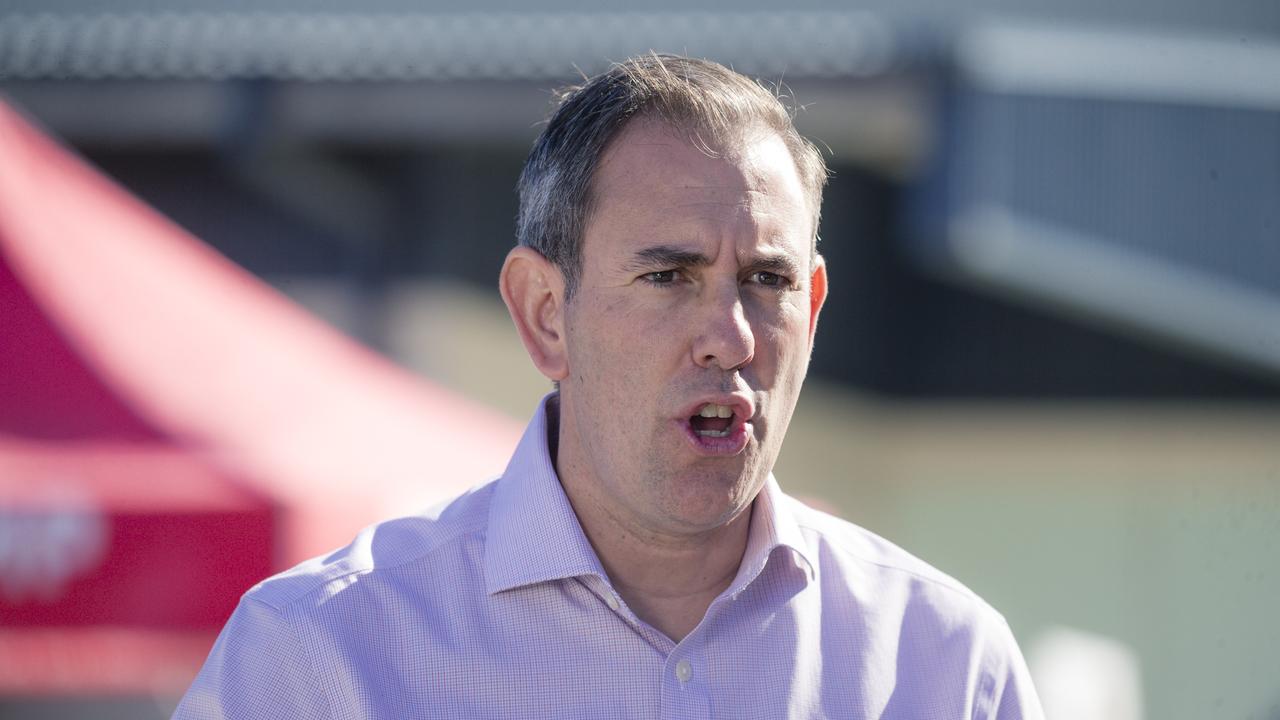

To join the conversation, please log in. Don't have an account? Register
Join the conversation, you are commenting as Logout